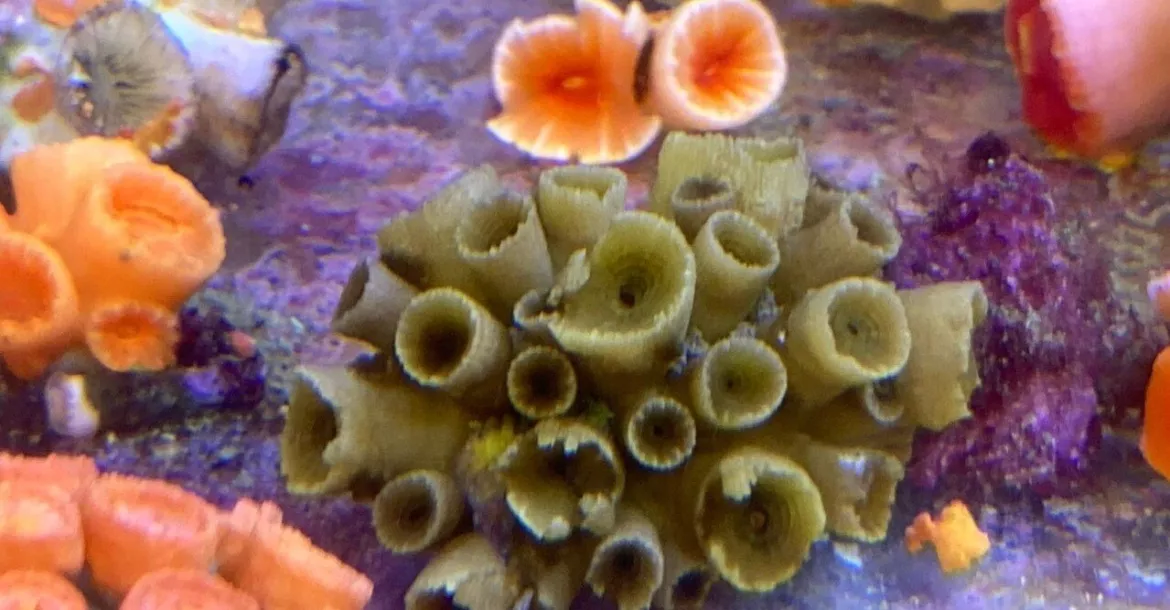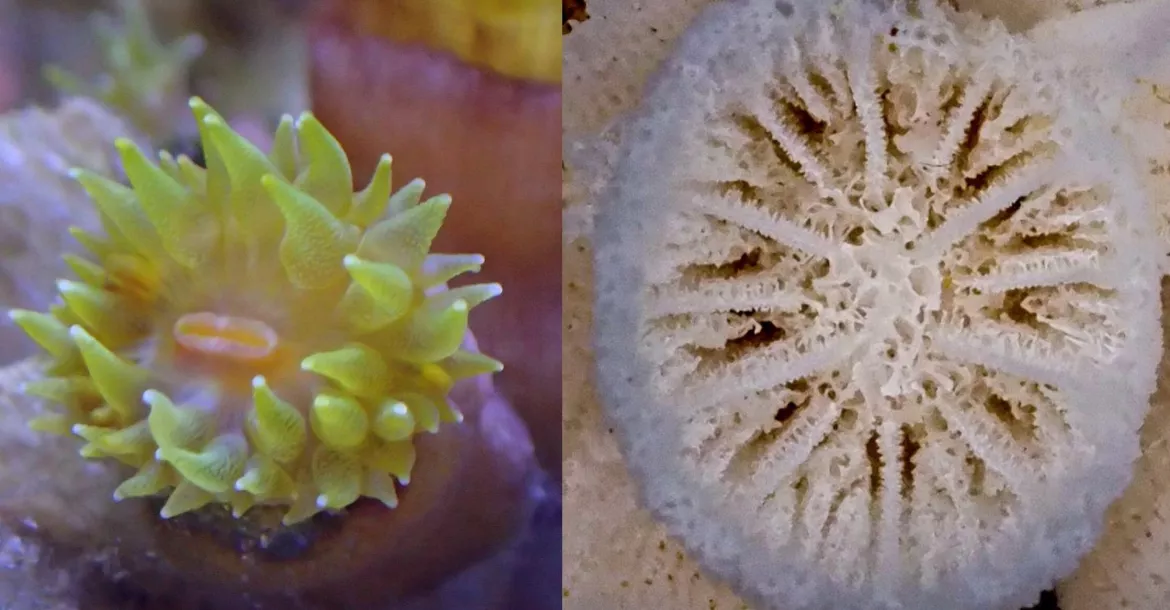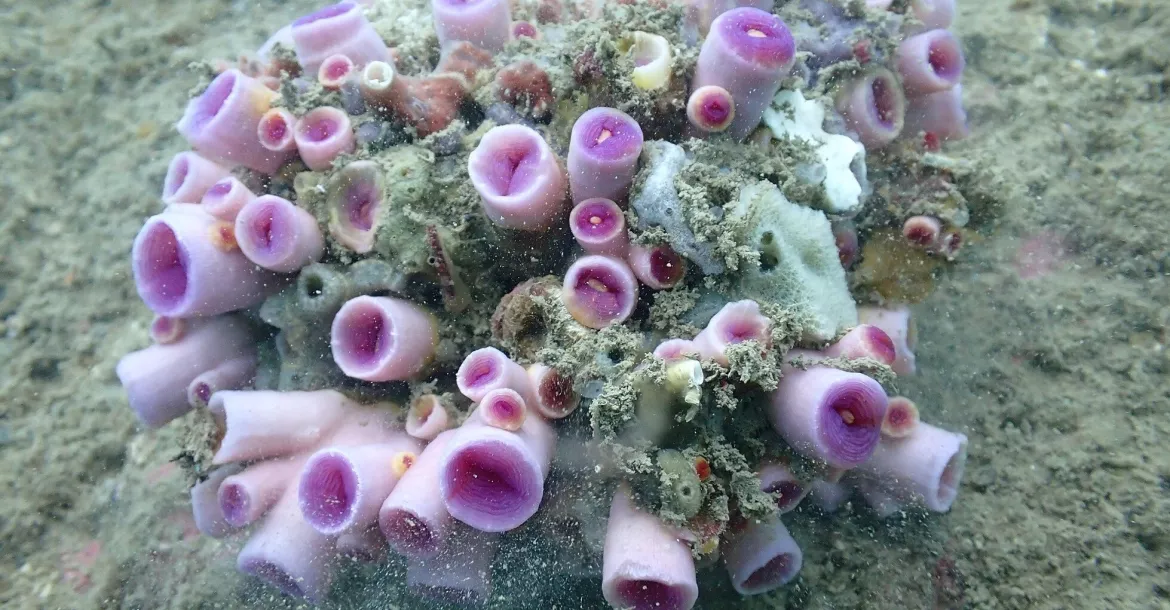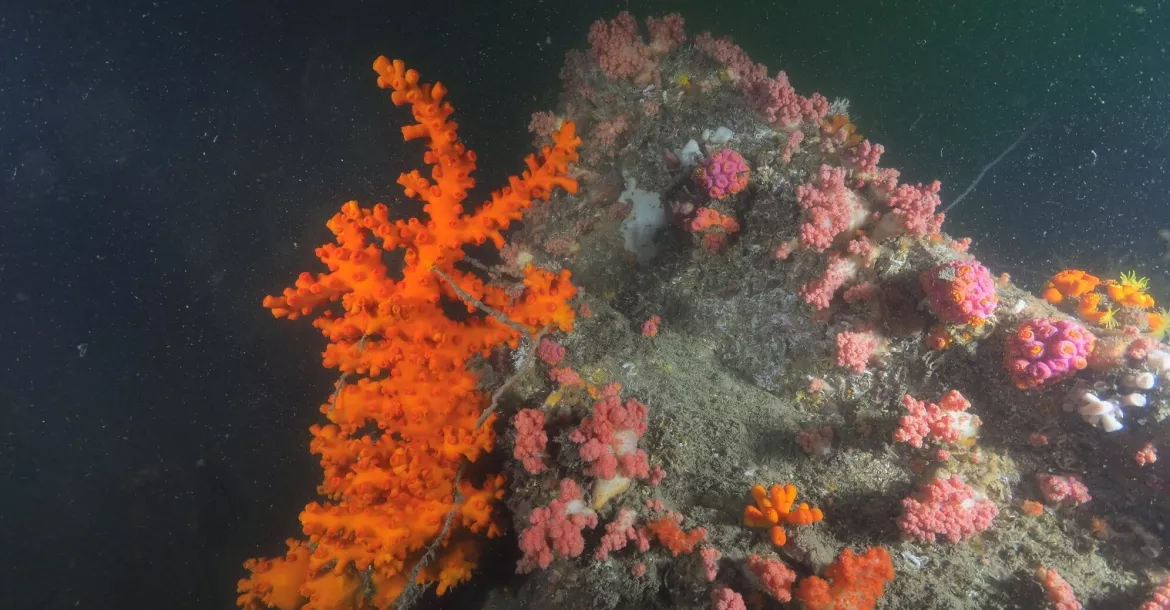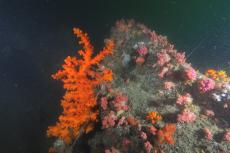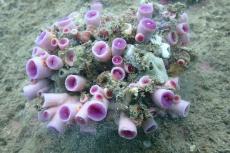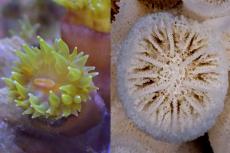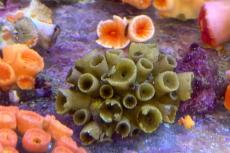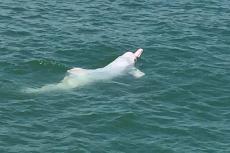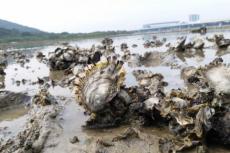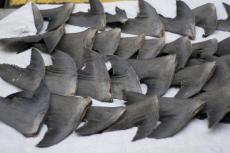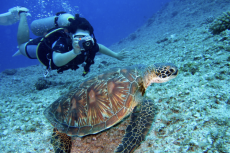Several new coral species discovered in Hong Kong waters
Biologists have discovered in Hong Kong waters three new species of hard coral which have never been identified anywhere else in the world. The findings come shortly after their discovery of one new coral and two new nudibranch species.
The three new sun coral species discovered this time by Biologists from Hong Kong Baptist University (HKBU) were named by the HKBU team as Tubastraea dendroida, Tubastraea chloromura and Tubastraea violacea, and they all belong to the genus Tubastraea. This genus currently has seven recognized species only.
All of these three coral species are non-reef-building corals. They do not host symbiotic algae that produce nutrients and energy via photosynthesis. Living in deeper waters at depths of between 10 and 30m, they gain energy and nutrients by capturing zooplankton from seawater using their tentacles.
Tubastraea dendroida
Like most sun corals, Tubastraea dendroida has a typical bright orange colour, but its shape is unique. Instead of growing in clumps like most of its related species, this new species has a tree-like structure, which is also reflected in its name, "dendroida."
Tubastraea violacea
Covered with a thin layer of pale purple tissue on the corallites (skeletal cups), Tubastraea violacea stands out from other related sun coral species as its polyp wall tissues and skeleton are violet in colour, and it has been named "violacea" accordingly.
Tubastraea chloromura
This coral has a delicate olive green skeletal wall and a circle of yellow tentacles surrounding its mouth. As a result, the species has been named "chloromura," with "chloro" and "murus" meaning "green" and "wall," respectively.
The samples were collected when the team surveyed coral-eating nudibranchs at Sung Kong and Waglan islands in the eastern waters of Hong Kong.
The discovery is very encouraging as it provides strong evidence of the high marine biodiversity in Hong Kong waters, and it helps fill in the knowledge gaps in biodiversity, states Professor Qiu Jianwen of HKBU's Department of Biology.

